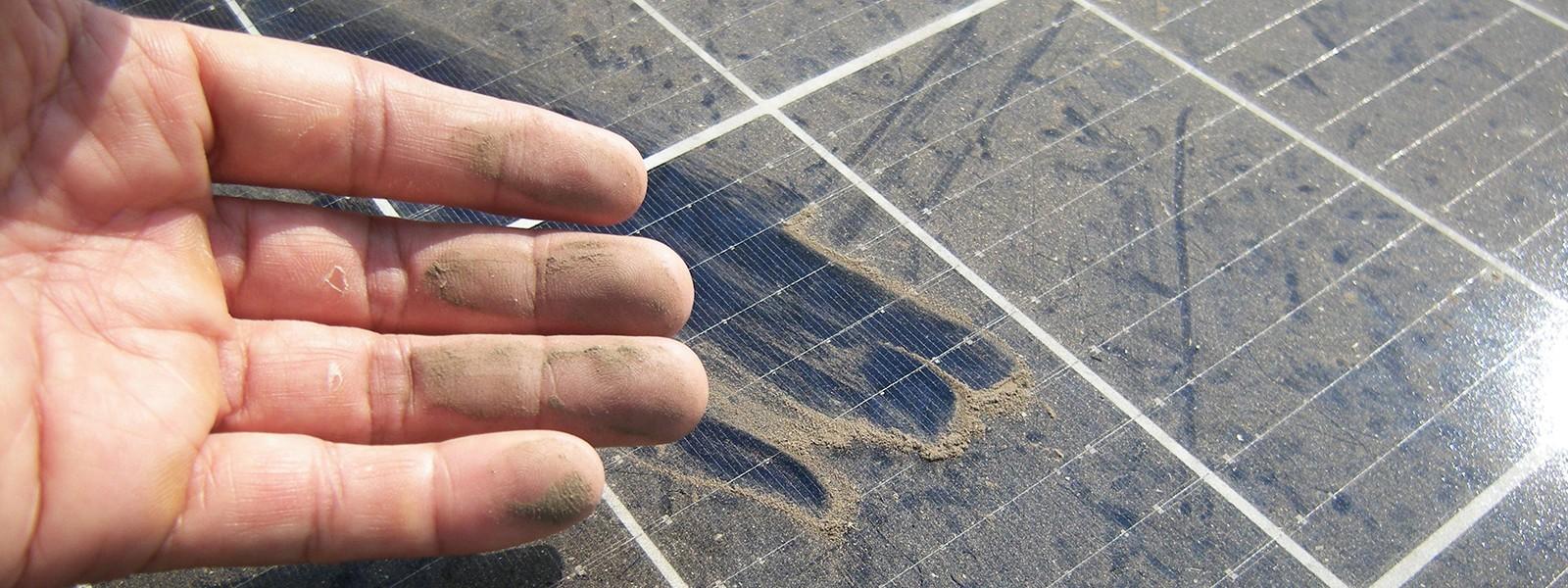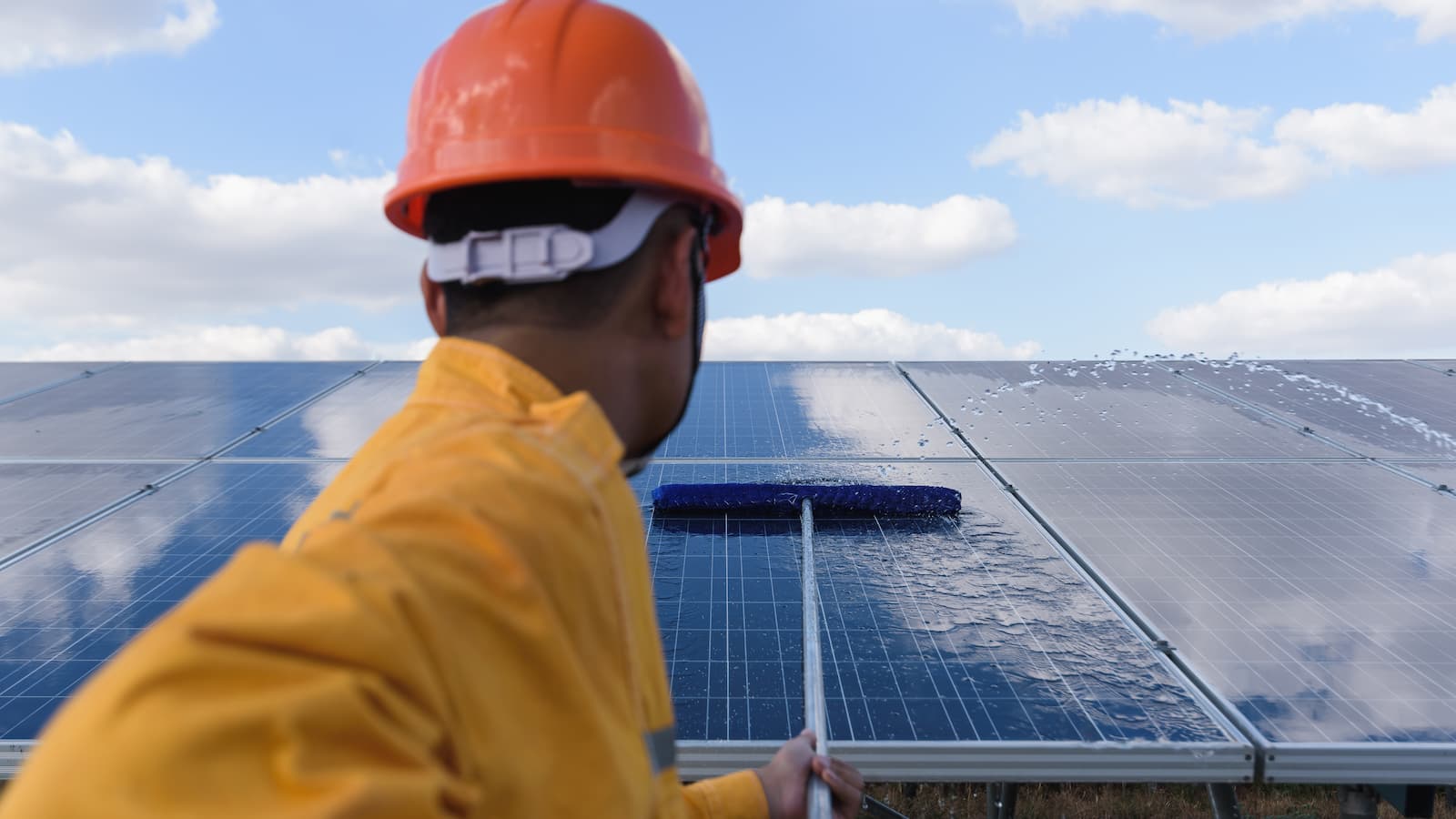
Solar Panel Cleaning 101: A Homeowner's Guide to Solar Efficiency
Keeping solar panels clean is essential for maintaining their efficiency. Dust, dirt, pollen, bird droppings, and other debris can accumulate on the surface of solar panels and reduce their ability to absorb sunlight. Here's how homeowners can clean their solar panels safely and effectively:
Safety First
-
Turn Off the System: Before cleaning, shut down the system using the proper procedure. Refer to the system’s user manual for guidance.
-
Avoid Working at Height: If your panels are on the roof, use caution. If possible, clean the panels from the ground using a long-handled tool. If you must climb onto the roof, consider wearing safety equipment like a harness.
-
Work in the Morning or Evening: Cleaning the panels when they’re cooler, such as during the early morning or late evening, reduces the risk of burns from hot panels and minimizes water evaporation.

Cleaning Steps
-
Inspect the Panels: Before you clean, inspect the panels for any visible damage.
-
Dust Off: Use a soft brush or a leaf blower to remove loose debris.
-
Use Mild Soapy Water: Fill a bucket with water and a mild detergent. Avoid harsh chemicals, as they can damage the panels.
-
Soft Cloth, Sponge or Brush: Using soapy water, gently wipe the surface of the solar panels, applying minimal pressure to avoid scratching.
-
Rinse with Clean Water: After wiping, rinse the panels with clean water to remove any soap residue. This can be done using a hose with a nozzle that can produce a gentle spray.
-
Air Dry or Soft Cloth: Let the panels air dry or use a soft, clean cloth to wipe them down.
What to Avoid
-
Abrasive Scrubbers and Brushes: Do not use abrasive tools or brushes, as they can scratch the surface of the panels and impair their efficiency.
-
Harsh Chemicals: Avoid strong detergents, bleach, or other chemicals that might damage the panel or its protective coating.
-
High-Pressure Water: Don't use pressure washers, as the high pressure can damage the panels or push water into unwanted areas.
-
Walking on Panels: Never walk or step on solar panels. They are not designed to bear weight and can easily be damaged.
-
Hard Water: Avoid using hard or mineral-rich water, which can leave spots on panels and reduce their efficiency.
Consider Professional Cleaning
If you're uncomfortable cleaning your solar panels or if they are difficult to access, consider hiring professionals, many of whom are building management or window cleaning companies. They'll have the necessary equipment and know-how to clean the panels safely and effectively.
Lastly, it's worth noting that while keeping panels clean can optimize efficiency, many homeowners find that rain alone often does an adequate job of washing away most of the accumulated dirt and debris. Depending on your location and local environment (e.g., whether there's a lot of dust or bird activity), you might only need to clean your panels once or twice a year.
